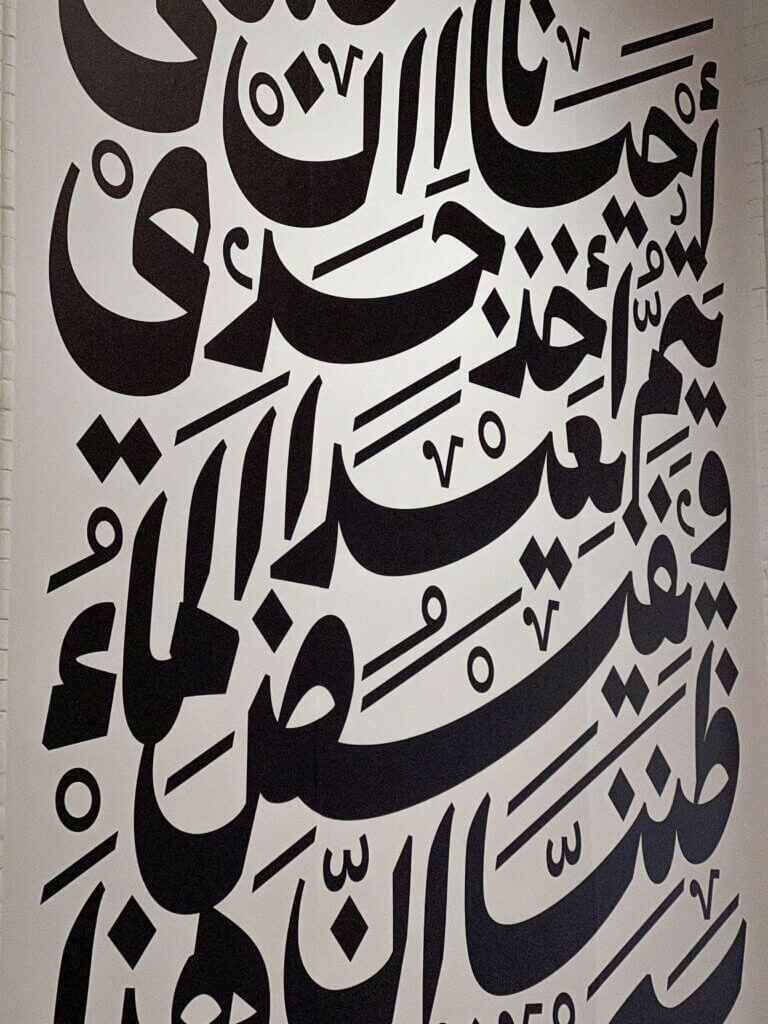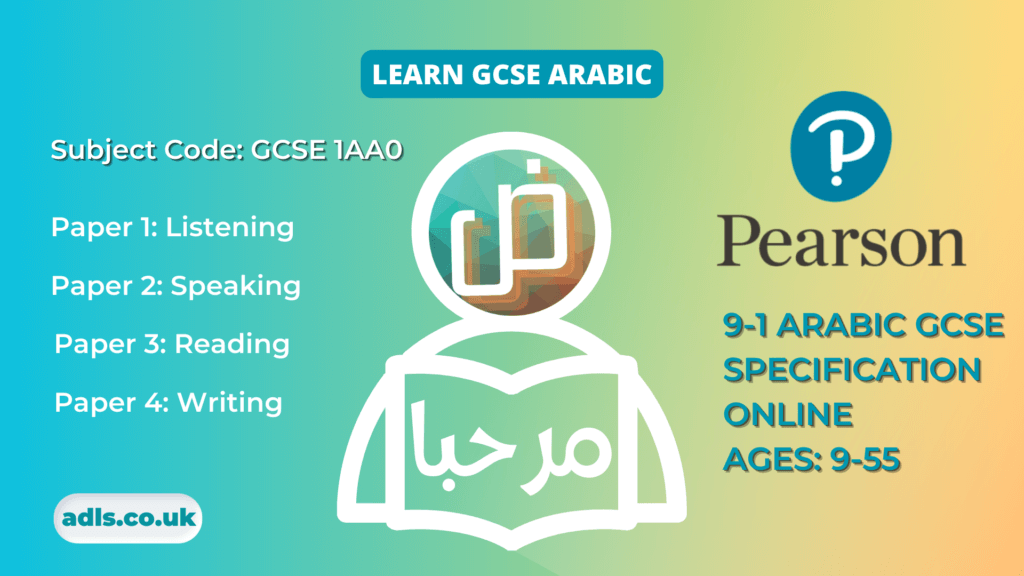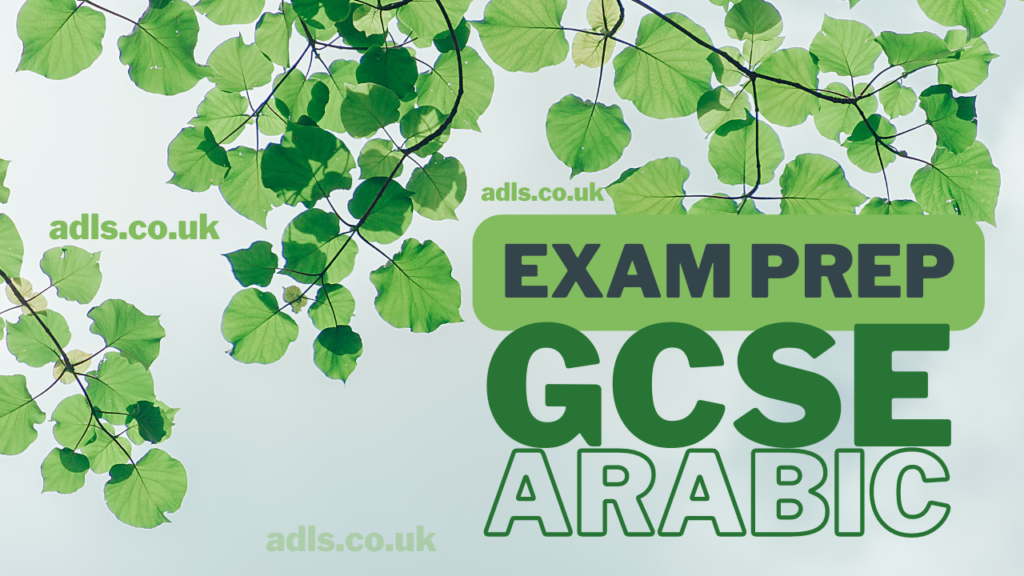GCSE Arabic and GCSE French.
GCSE Arabic and GCSE French are similar in structure but different in content and linguistic complexity, due to the nature of the languages and the way they are taught in UK schools. Here’s a breakdown of the main similarities and differences:
Similarities
- Exam Structure (Offered by Pearson Edexcel and AQA)
Both languages typically have four assessed components:- Listening
- Speaking
- Reading
- Writing
Each skill is worth 25%, and students are assessed at either Foundation or Higher tier.
- Themes and Topics – Differ according to the exam board, but there are some themes that overlap between the exam boards.
The same core themes apply to both:- Identity and Culture
- Local area, holiday and travel
- School
- Future aspirations: Study and Work
- International and Global Dimension
- Assessment Objectives
Both aim to test students’ abilities to:- Understand spoken and written language
- Communicate in speech and writing
- Use a variety of vocabulary and grammatical structures
- Translate from and into the target language

Differences
- Language Familiarity and Difficulty
- French is a European language closely related to English (both Indo-European languages). Students are more likely to encounter French words or cognates in daily life.
- Arabic is a Semitic language, structurally very different from English. It uses a different script (Arabic alphabet) and is written from right to left, adding a layer of difficulty for English speakers.
- Grammar Complexity
- Arabic has a more complex grammatical system:
- Verb forms change with gender and number
- Dual forms (in addition to singular and plural)
- Root-based word construction
- French grammar is more regular and familiar for most UK learners.
- Arabic has a more complex grammatical system:
- Availability and Resources
- French is far more commonly taught in UK schools and has more learning resources and teacher availability.
- Arabic is offered in fewer schools and often studied by native speakers or heritage learners, especially in community-based education settings.
- Student Demographics
- GCSE French is usually taken by non-native learners.
- GCSE Arabic often has a mix, but many candidates are heritage or native speakers, making the exam more challenging for non-natives.
Conclusion
GCSE Arabic and French follow the same exam format and test similar language skills, but Arabic is usually more linguistically demanding due to script, grammar, and vocabulary unfamiliarity. French is more accessible for most UK learners, while Arabic is often chosen by those with a cultural or familial connection to the language. More information about the GCSE Arabic.
Ways to get to grips with Arabic:
- Contact a tutor to guide you through the language and especially the GCSE Arabic if you are thinking of taking the exam.
- Compile the necessary resources that you will need to support your learning, but don’t over do it.


